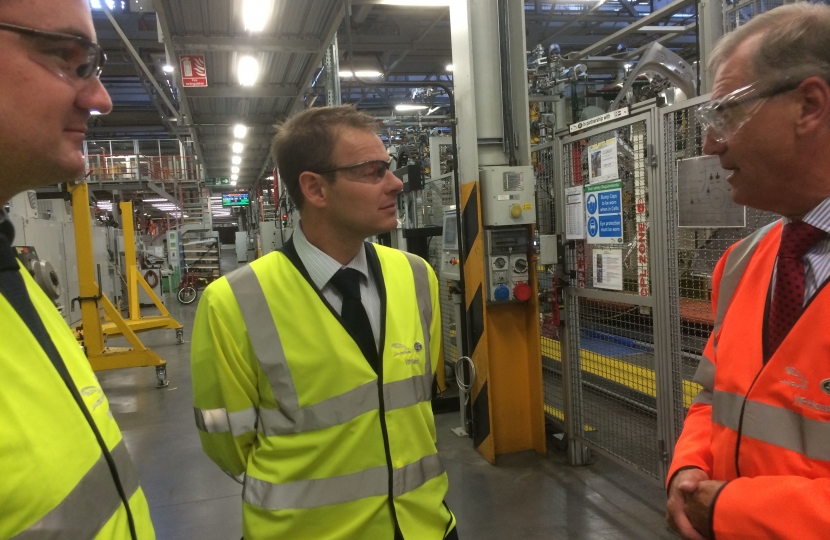
Birmingham and the West Midlands were famously the birthplace of the first industrial revolution, our rich industrial landscape and miles of canals that connect the region to the rest of the country remain as permanent landmarks to that era of rapid change. In the 21st century Birmingham and the wider region are continuing to mine the rich seam of innovation that began more than 200 years ago, becoming a major tech hub and beacon for the digital revolution that began with the advent of mass computing. Birmingham's digital economy is worth an estimated 1.8 billion annually and already employs 37,000 people, with rapid growth this decade, more than 17% in turnover and 15% in employment according to figures in TechNation's 2016 report. In the West Midlands region significant tech clusters exist in Worcester and Malvern in cyber security and around Leamington, dubbed 'silicon spa' for its large gaming industry.
Now, increasingly economists and governments are looking at a new, fourth industrial revolution, characterised by the fusion of technologies that is blurring the lines between the digital, biological and physical spheres. Revolution 4.0 will transform our lives more rapidly and dramatically than any previous era of change, with huge strides forward in artificial intelligence, access to knowledge and productivity increase capability. Later this year the Business Secretary Sajid Javid will launch the government's Innovation Plan, designed to help smooth the path for innovation at all levels of business and ensure government investment in disruptive and emerging technologies is spent in an effective and joined-up manner. Birmingham, Warwick and other Universities in the area are also investing heavily in technological innovation and scientific research and increasingly combining efforts to make the Midlands a world-renowned centre for research and development. School curriculum and University courses are also increasingly evolving to ensure students have the necessary skills to enter the digital workplace, but closing the skills gap remains a key challenge going forward.
As important as it is that the government and Universities embrace emerging industries and foster them, the role for the public sector in the fourth industrial revolution is likely to be limited, as the government recognises. It is therefore focusing its efforts on opening up the market to increase competition and allow disruptive private sector industries to flourish unhindered by unnecessary regulation. Much of the coming technological revolution will enhance individual freedom and ability to operate our daily lives without government assistance. This presents regulators with a challenge, many rules and policy-making systems developed in parallel with much slower industrial revolutions, now laws and entire regulatory systems are being made redundant by new technologies. In the European Parliament I and my fellow Conservative MEPs are arguing for simpler, light-touch, future-proofed laws in the digital sphere that can cope with rapid evolution of the online world and wider society. We're also fighting to resist protectionist instincts by some vested interests which seek to close off Europe from the rest of the digital world, a fortress Europe approach on data cyber technology will leave us a shrinking island marooned in a global pool of competition.
A light touch regulatory sphere will allow the current rapid growth in the Midlands to continue unabated. We are well placed to take full advantage of the revolution 4.0, the West Midlands, despite lacking a coastline, has always looked outwards beyond the UK's shores and today remains one of the most successful exporting regions in the UK. We are the only part of the UK with an export surplus with China, some £3 billion in 2014, and the deepening relations between Birmingham and the asian tiger economies, with a new route to Beijing opening at Birmingham Airport last year, present us with a world of opportunity as those economies also forge forwards. Continuing to expand into new and emerging markets as the internet shrinks the globe will be the trademark of Birmingham's success going forwards, building on the city's tech success and developing a quality digital reputation as reliable as the jewellery quarter's own hallmark.
